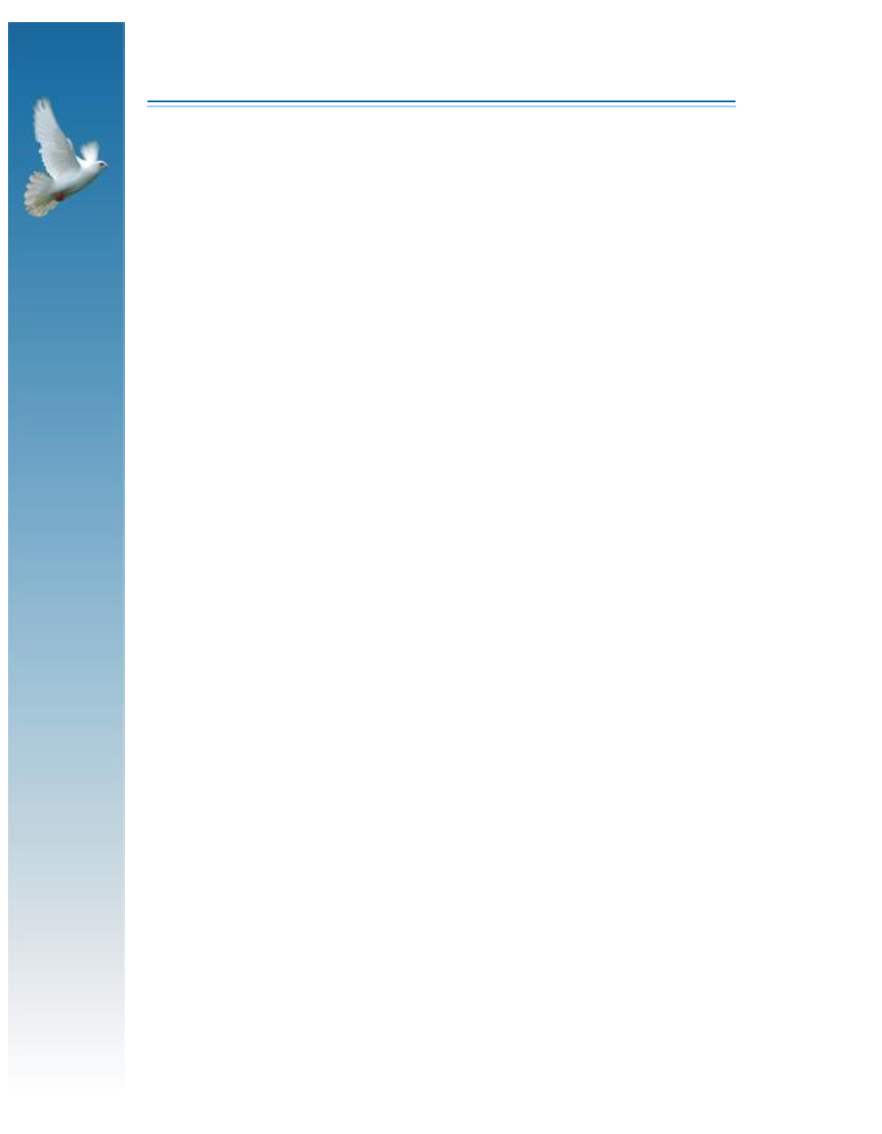
Muhammad a Prophet For all Humanity
15. The Qur’an—The Prophet’s Miracle
~ 376 ~
heard the word
sikkin
until he heard it in the
chapter, ‘Joseph’, of the Qur’an. “We always used to
call a knife
(mudiyah),”
he said.
As Jalaluddln Suyuti has pointed out in
al-Itqan,
many words were pronounced differently by
various Arab tribes. The Qur’an took some of these
words, and used them in their most refined literary
form. The Quraysh, for instance, used the word
a’ata
for ‘he gave,’ while the Himyaris used to
pronounce it
anta.
The Qur’an preferred
a’ata
to
anta.
Likewise it chose
‘asabi’
rather than
shanatir
and
dhi’b
instead of
kata
’. The general trend of
preferring Qurayshi forms was sometimes reversed,
as in the phrase
la yalitkum min a’malikum-
”nothing
will be taken away from your actions”—which was
borrowed from the Banu ‘Abbas dialect.
In giving old Arabic words and expressions new
depth and beauty, the Qur’an set a standard of
literary excellence which no future writer could
improve on. It revised certain metaphors,
rephrasing them in a more eloquent form than had
been heard before. This was how an ancient Arab
poet described the impermanence of the world:


